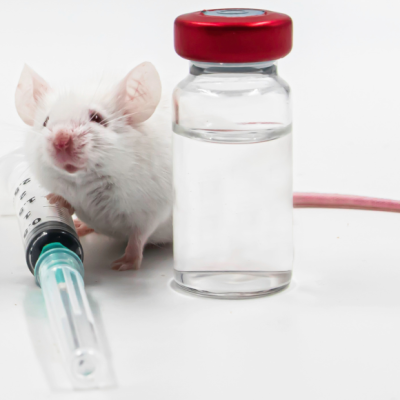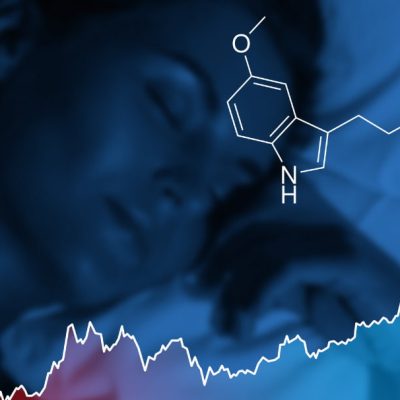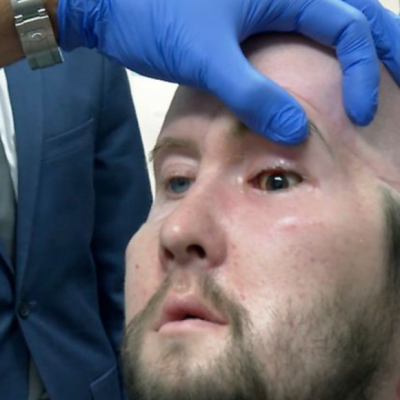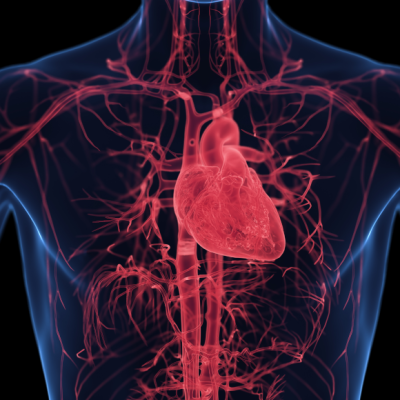A groundbreaking gene therapy that involves implanting a virus into the brain can reduce alcohol consumption in heavy drinkers to almost zero. This treatment could be used for the most severe cases of alcohol addiction, where traditional therapies often fail. According to the German Federal Ministry of Health, around 7.9 million people in Germany consume alcohol in a risky way, with 74,000 people dying annually from the effects of excessive alcohol consumption. However, the treatment of alcohol addiction is often unsuccessful, with only a small percentage of patients (20%) able to maintain abstinence until the end of therapy. Therefore, new approaches are being tested to reduce drinking levels and associated health risks.
One such approach is “controlled drinking,” which is controversial and met with skepticism from both the public and medical professionals. However, researchers at the Oregon Health & Science University have discovered that a gene therapy used to treat Parkinson’s disease can significantly reduce alcohol consumption in heavy drinkers. The therapy involves implanting a certain type of molecule that resets the reward pathway in the brain. Although the procedure requires brain surgery, it could be used primarily for the most severe cases of alcohol addiction.
The implanted virus is harmless and carries a gene that codes for a protein called “glial-derived neurotrophic factor” (GDNF). When injected into a specific area of the brain of a group of Rhesus macaques that consumed large amounts of alcohol, the monkeys significantly reduced their alcohol consumption (90%). GDNF is known as a growth factor, and in this case, the researchers measured improved function of neurons in the brain that produce dopamine. Chronic alcohol consumption reduces dopamine release, which is involved in behavior reinforcement and the pleasure response. Therefore, it seems that people who are alcohol-dependent do not actually enjoy drinking more, but rather drink more to maintain a certain level of intoxication.
The implanted virus does not cause any diseases and is already being used in adults with Parkinson’s disease and children with a rare genetic disorder. It could be approved for the treatment of alcohol addiction in the coming years, allowing patients to reduce their drug consumption. This groundbreaking gene therapy offers hope for those struggling with alcohol addiction and could potentially save thousands of lives.










